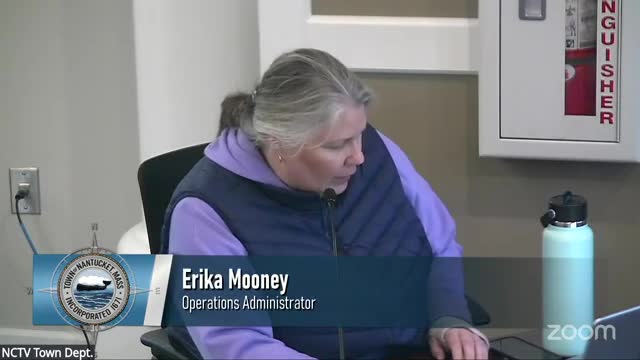Article not found
This article is no longer available. But don't worry—we've gathered other articles that discuss the same topic.
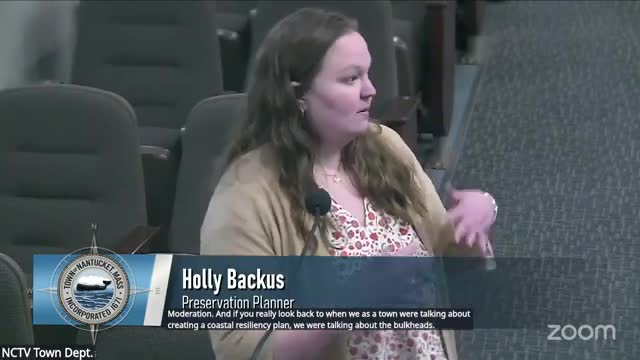
Select Board backs state bill to apply franchise‑fee style surcharge to streaming services for community media funding
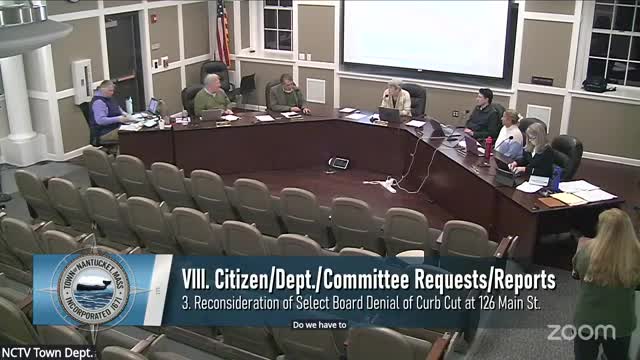
Select Board approves modest private‑pay rate increase at Our Island Home

Select Board upholds December denial of curb cut request at 126 Main Street
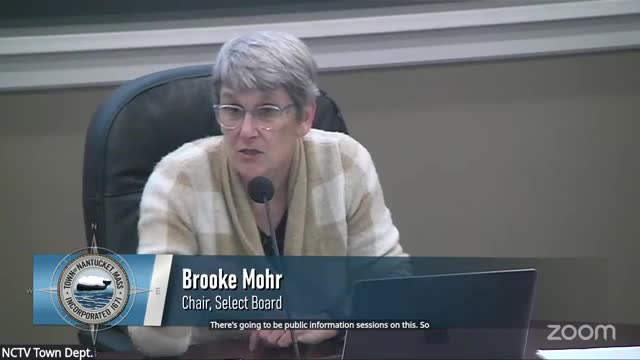
Town awards $32.9M permanent debt and $5.79M BANs; Select Board approves finance manager recommendations
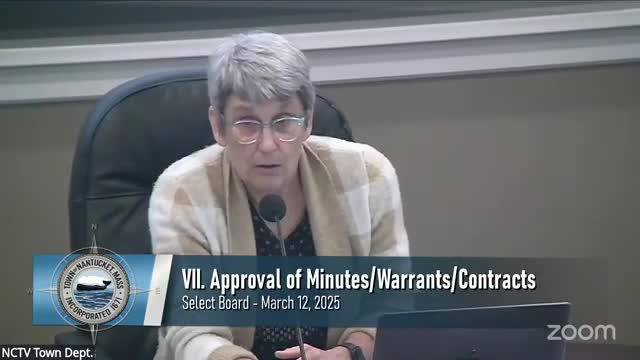
Select Board approves pending contracts; members agree to revisit Pleasant Street one‑way pilot
